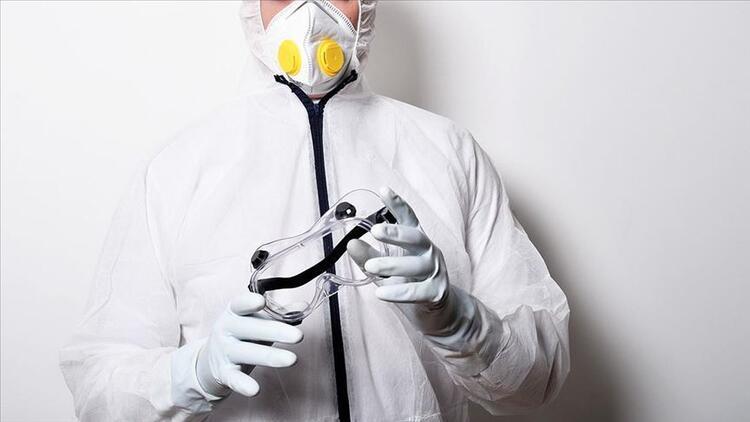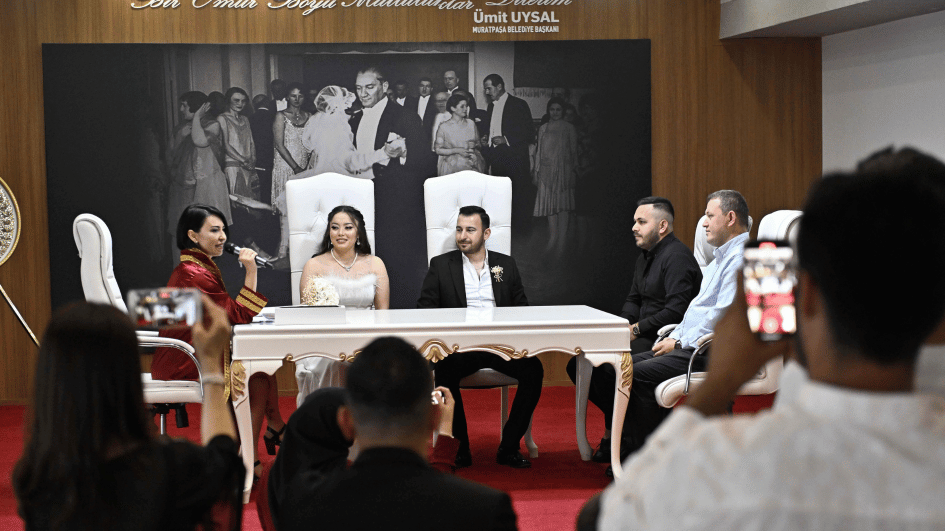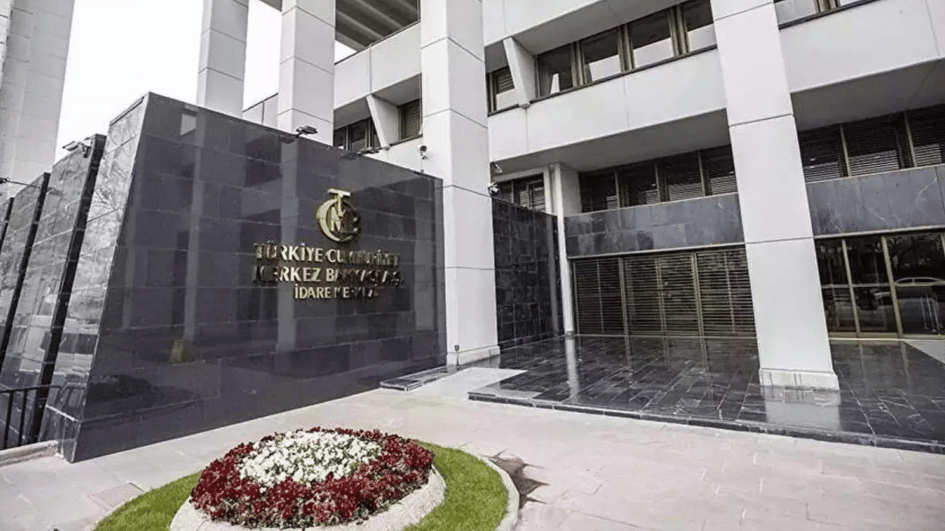Turkey traces contacts to find cases in fight against coronavirus
Meltem Özgenç - ANKARA

Turkey’s 4,600 teams tasked with detecting and screening the chain of contacts of people infected with the coronavirus have been important in reducing the number of COVID-19 cases, listing the last people contacted with a diagnosed person, finding out if they have symptoms and reducing the likelihood that the virus will infect others.
The Health Ministry calls this the “filiation” method and is meticulously finding those that could potentially be infected with the virus due to their contact with a COVID-19-positive patient.
Kerime Altunay from the Public Health Services Directorate said the contacts with the COVID-19 patient were examined one by one.
Altunay said the country already had a pandemic plan, adding that it was revised and put into practice when the coronavirus began spreading within China.
“We started the process before the disease came to the country. Of course, we did not isolate anyone. Because the symptoms of some diseases can be similar to coronavirus,” she said.
Altunay there were 900 medical staff tasked with tracing contact only in Ankara, noting that when a new case emerges, the field teams isolate the patient and then identifies the contacts one by one.
“After the team’s operation, these people are called in by family physicians. First of all, people are asked if they have symptoms. We always go back to the beginning and we start to monitor the contact list of the patient,” she added.
A special department is reserved for this team at Ankara Numune Hospital. Around 40 people work in the unit used as a call center in this section. The teams reach the suspects over the phone and make the necessary warnings.
The team in Ankara works 24 hours a day and seven days a week.
Specially dressed field teams are constantly contacting the department and reaching out to the citizens.
We can understand people’s fears and stresses from their tone over the phone. We try to give them morale by guiding them on what to do,” said Karakülah, who has been working in the monitoring and evaluation department for two years.
“As the number increases, we also feel overwhelmed. However, we are not afraid, we explain to citizens what they should do in terms of hygiene and try to keep their motivation high,” said Derya Koçak, another member of the team.
Turkey’s Health Minister Fahrettin Koca on April 15 had said that the most important success in declining the COVID-19 case rate was this method of contact tracing.
Mentioning this method of screening the chain of contact in the infectious disease, Koca had said Turkey uses the method to reach out to people infected by the coronavirus, monitor them, and isolate the diagnosed for treatment.
Family physicians played an important role in this process, he added.
The follow-up information about people suspected to be infected with the virus is shared with the family physicians and they observe whether the patients develop symptoms or not, he added.
The teams are following up to 251,028 people in Turkey.
















